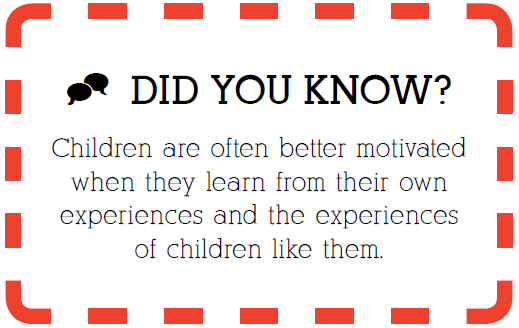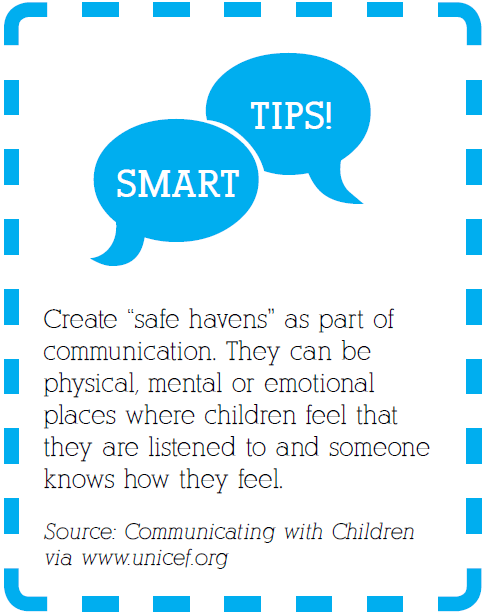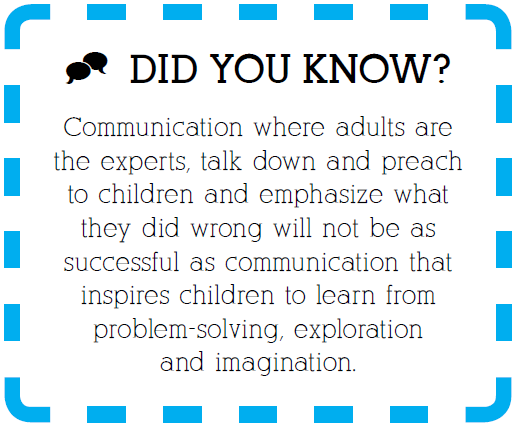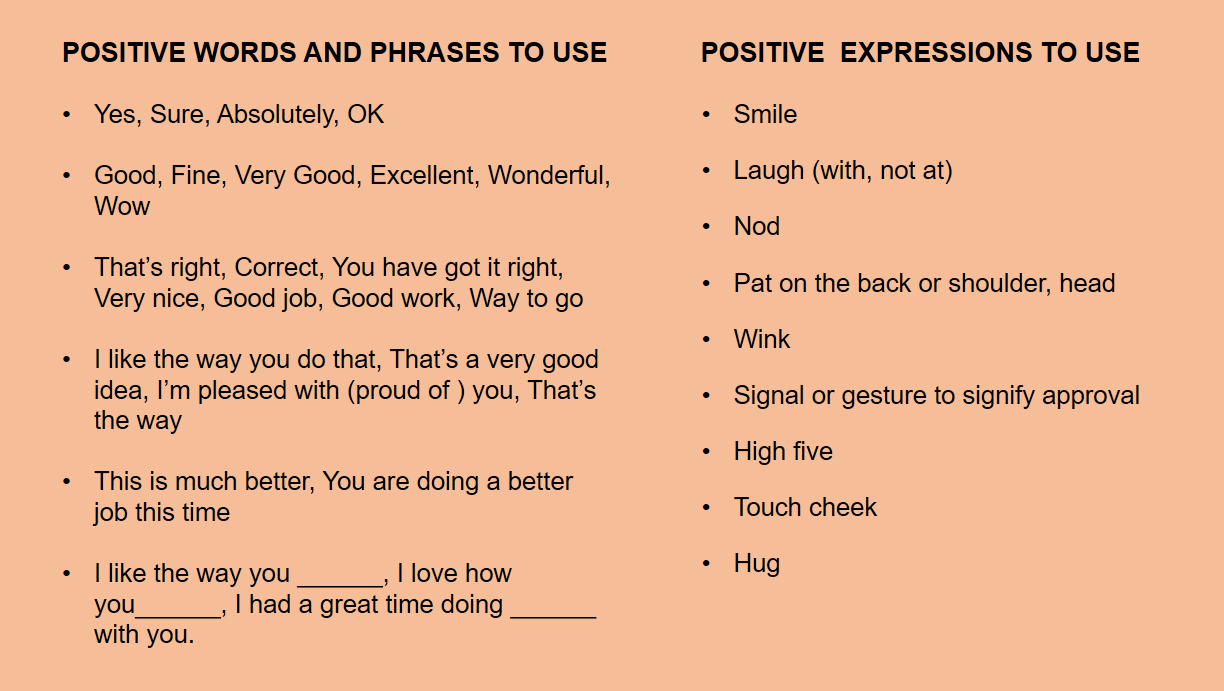Effective Communication With Preschoolers
by on 05/10/2022 ...

In the early years, children’s brains are like sponges, eagerly absorbing everything around them. Communicating with your child is one thing but to communicate effectively is a whole different ballgame. According to the guidebook, Communicating with Children, published by UNICEF, “communication for children needs to consider different abilities and needs at different ages, and thus must be child-centred and age-appropriate.”
In the book, four main principles are highlighted:

- Communication for children should be age-appropriate and child-friendly.
Parents, teachers and caregivers are encouraged to use child-appropriate language, characters, stories, music and humour when speaking to them.
- Communication for children should address the child holistically.
“Research from the fields of health, nutrition, psychology, child development and anthropology, among others, confirms that all aspects of child development are interconnected,” the guidebook notes. “Physical, social, emotional and cognitive development are inextricably linked.” This means the method of communication we choose should balance and give complementary attention to all of our preschooler’s developmental needs. Here’s where an integrated rather than a single-issue approach to communication is best used. For example, when offering your child nutritious food, you can use a phrase such as “when we eat healthy and fresh foods, it makes us strong and clever” to integrate health, nutrition, school-preparedness and self-confidence.
- Communication for children should be positive and strengths-based.
This principle puts emphasis on portraying and nurturing the strengths and potential in every child rather than focusing on what’s lacking in them or problems in the situation in order to help them see options and possibilities. Parents or teachers can use words, visuals and models that build confidence as well as competence by including language that supports self-confidence. The guidebook gives an example to illustrate this principle: “Rather than showing children engaged in dangerous behaviour and suffering the consequences (e.g., lighting a match and getting burned), show children how taking positive action can prevent harm (e.g., seeing a box of matches, discussing whether to walk away or tell a grown-up).”
- Communication for children should address the needs and abilities of all, including those who are most disadvantaged.
“Good communication includes positive portrayals of children from different cultures and ethnic groups and all socio-economic backgrounds, those with disabilities, and children who have or are experiencing trauma, grief or living through emergencies,” says the book. To this end, conscious effort must be made to ensure that communication methods do not reinforce already poor self-esteem or feelings of disparity among the most vulnerable and disadvantaged children.

Daily Communication With Your Preschooler
Those four principles can be successfully applied in your daily life with your child. One of the most effective ways to communicate with your child so he listens to you or she opens up to talk to you about her feelings and thoughts actually starts with very simple day-to-day positive interaction. Here are a few tips to help you along:

- Your full and engaged attention is more important than you think. Even a quick but focused connection can fulfil your child’s need for communication. Turn off the television or iPad, put the newspaper down or stop doing what you are doing when your child wants to converse. Make eye contact and have a conversation with your child.
- Listen to what they have to say and respond with child-appropriate answers. For instance if they tell you they want to play, but you have to go to work, explain to them why you can’t play now, why work is important and suggest to play with her when you come back from work.
- Get down to the same level with your child; you are bigger after all. To help your child hear you, get down where they are and be sure to make eye contact. It means a lot to them to feel equal with you, especially when they are trying to catch your attention from floor level.
- Respect your child if you want them to respect you. Instead of shouting from another room, why not go to where they are?
- Be aware of your tone. Preschoolers usually have a heightened awareness of your tone and body language. Be nice and use a pleasant tone when speaking to your children. You may be surprised at how much more willing they are to do something when you ask, not tell them.
- Encourage your preschooler to communicate more by actively listening to them. Just like when speaking to adults, give your child your full attention when communicating with them.
 |
|
- Avoid general questions and ask more specific questions such as, “You seem to dislike eating cauliflowers. What do you not like about cauliflowers?” By drawing on your child’s unique experience, you are more likely to get more specific responses from them.
- Even adults find it hard to mask feelings so validate their emotions and allow your child’s negative feelings to come out. There is no need to say much, just your presence may be enough to soothe and comfort your child. By doing this, you are showing him or her that they are accepted even when their behaviours are not.
- Be honest with your child. If you are tired from a long day, tell your child the truth and chances are, he or she will understand. Forcing yourself to do something which you do not feel like doing will just make you feel unhappy and your child will be able to sense that as well.
- Even if you think your child is wrong, try not to contradict their statement immediately. Listen to their reasons before saying no. If your child says, “I don’t want to go to school anymore,” instead of putting your foot down and insisting they go, ask them why they do not want to go.




































